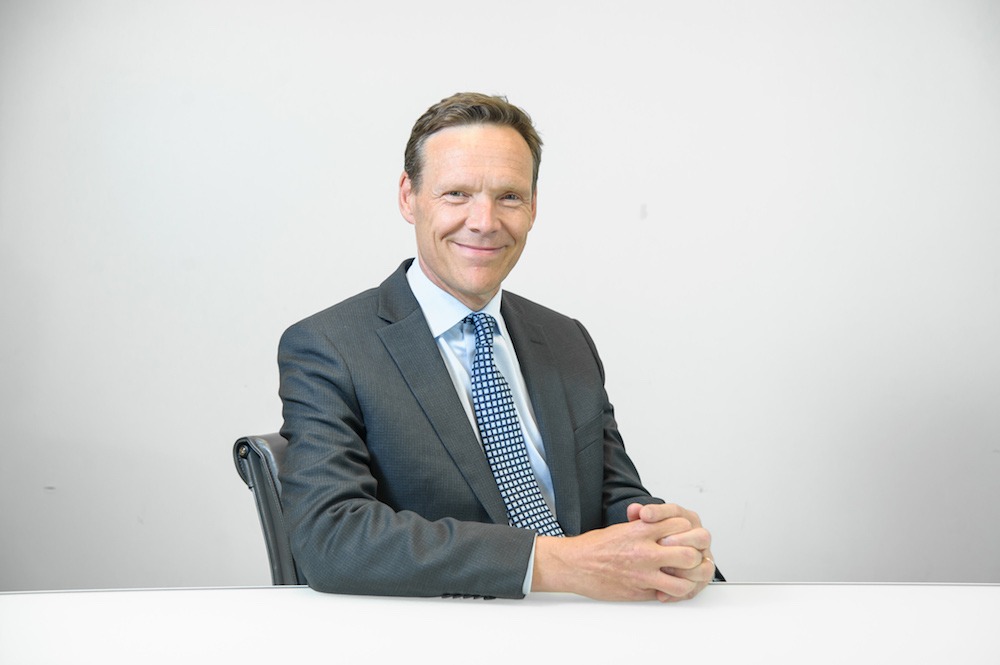As part of its sustainability strategy, DS Smith will continue to focus on a transitioning towards a more circular economy-based business model

By 2023, DS Smith aims to manufacture 100% reusable or recyclable packaging - achieving this through improved packaging design (Credit: DS Smith)
Paper packaging company DS Smith has launched its new Now and Next sustainability strategy, which maps out its commitments and goals for the next decade.
Through its two-phased approach, the business will continue to focus on the transition to a circular economy.
It aims to do this by partnering with customers, communities, governments and influencers to keep materials in use, design out waste and regenerate natural systems.
It will also continue to focus on carbon dioxide reduction, protecting biodiversity and reducing water consumption.
DS Smith Group CEO Miles Roberts said: “As we respond to the changing world in which we live and operate, it is critical that our drive to redefine packaging continues to place circularity at the heart of our business.
“Our new strategy allows us to move beyond just having a strong circular business model ourselves to delivering more circular solutions for our customers and wider society – replacing problem plastics, taking carbon out of supply chains and providing innovative recycling solutions.”

Four ‘key pillars’ as part of DS Smith’s sustainability strategy
DS Smith’s sustainability strategy sets out four key pillars it’s looking to improve on, which comes as an addition to its continued commitment to reduce carbon dioxide emissions by 30% – against a 2015 baseline – and care for forests and biodiversity wherever it operates.
These four key areas of the strategy will drive sustainable growth at the company through its targets, these being:
- Closing the loop through better design – it aims to, by 2023, be manufacturing 100% reusable or recyclable packaging, which in turn means that by 2030 all of its packaging will be recycled or reused.
- Protecting natural resources by making the most of every fibre – By 2025, it’s looking to optimise fibre use for individual supply chains in 100% of its new packaging solutions, while it’s looking to optimise every fibre for every supply chain by 2030.
- Reducing waste and pollution through circular solutions – By 2025, it aims to take one billion pieces of problem plastics off supermarket shelves, 250,000 lorries off the road and work with partners to find solutions for “hard to recycle” packaging – while by 2030, it aims to use packaging and recycling to enable the circular economy by replacing problem plastics, reducing customer carbon and eliminating consumer packaging waste.
- Equipping people to lead the transition to a circular economy – the firm is looking to engage 100% of its people on the circular economy by 2025, while it aims to engage five million people with the circular economy and circular lifestyles by 2030.

DS Smith’s head of sustainability, community and government affairs Wouter van Tol said: “Now and Next positions DS Smith at the forefront of the packaging industry and sets a clear roadmap to address immediate challenges, while also working to meet the needs of the next generation by creating solutions that are aligned with the principles of the circular economy.
“By taking a whole systems approach, we have a huge opportunity to make significant progress against our environmental, social and governance responsibilities.”
Following measurable progress against its nine long-term sustainability goals, the Now and Next strategy has been introduced as part of a strategic review DS Smith conducted, with the firm aiming to become the leading supplier of sustainable packaging.
Over the past year, the business hit a number of sustainability milestones including an 11% reduction in emissions in 2019 compared to 2015 on a like-for-like basis, and 100% engagement in community programmes across sites that employ more than 50 people.
The firm – which produced more than 17 billion boxes in 2019-20 and is a net positive recycler – is also one of circular economy charity the Ellen MacArthur Foundation’s 16 strategic partners.
